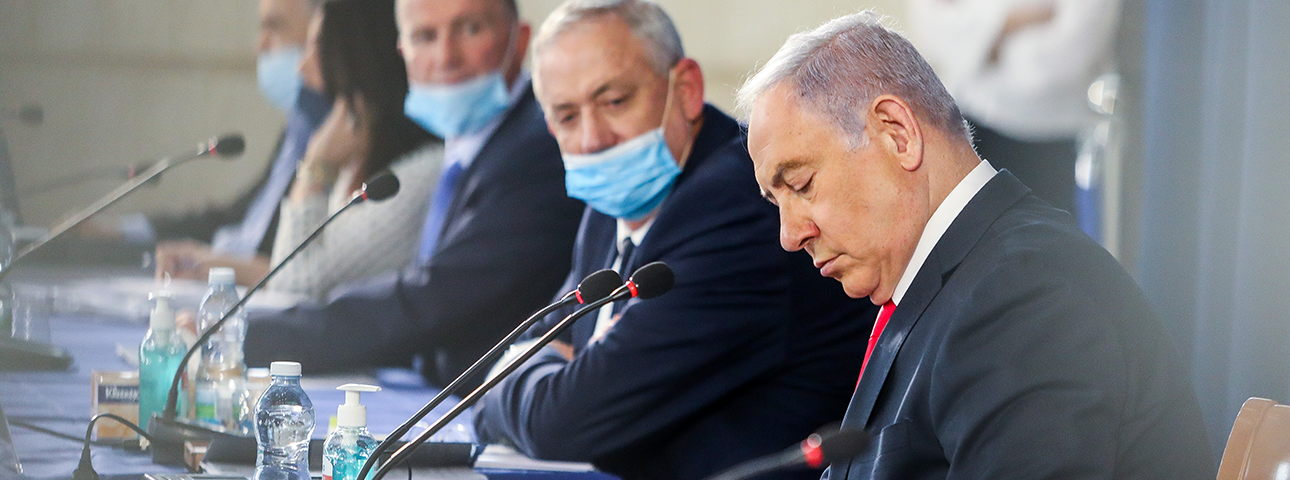Government's Coronavirus Law is Impractical and Undemocratic
Legislation giving ministers total authority over decision-making sets dangerous precedent for Israeli democracy and chaotic decision making will surely diminish the already-dwindling public trust in both government and future emergency regulations

The law gives the government the authority to impose restrictions that could very well disrupt the fabric of life in Israel - limiting public gatherings, shuttering education institutions, paralyzing the economy and even deciding how we leave our own homes, and enforcing said restrictions with threats of criminal and administrative charges.
The law allows the government, for a period of up to almost a year, to declare a special state of emergency and in that have authority to put regulations in place.
Under any other circumstances, the Knesset must approve any restrictions or regulations that the government seeks to implement. This new law, however, gives the government the power to put restrictions in place without seeking Knesset approval.
Following criticism, a clause was retroactively included that imposes a 24-hour delay on any new measures from the government in order to give the Knesset the opportunity to stop their implementation.
But if the Knesset fails to come to an agreement regarding the proposed regulation within those 24 hours the new measures automatically go into effect.
Nonetheless the law states that in urgent situations, the government can implement regulations immediately, leaving the Knesset to only debate those measures retroactively - and theoretically regulations can put in place without Knesset approval for several weeks.
There is no doubt that the coronavirus pandemic requires an authoritative government and it also justifies giving the government extensive powers, as well as flexibility and speed to act.
It is better that the government function through a proper legislative process and not by virtue of emergency regulations, and the fact that the government no longer needs Knesset approval for certain decision poses a problem both practically and democratically.
In terms of democracy, this new law strikes a harsh blow at the principle of delegation of powers in Israel. The Knesset is supposed to set the rules and the government is meant to implement them - not the other way round.
This is a most unusual and dangerous precedent.
Even if it means a delay of a day or two while the Knesset mulls proposed measures, it is of paramount importance to provide a voice for parliament, whose role is to represent the Israeli public.
Discussions in the Knesset are transparent and on record. Every lawmaker has the right to be heard, but this is not the case when it comes to government deliberations.
On a practical level, the fight against the coronavirus pandemic is essentially failing not because of one particular decision but because the public has completely lost trust in the government.
Members of the public are currently refusing to follow the rules set out by the government.
Investing a little bit more time and money in the Knesset decision-making process would have given any new regulations true legitimacy in the public's eyes.
Members of the Knesset's Constitution, Law and Justice Committee votes to advance the legislation granting the government wider powers (Photo: Adina Wellman)
A situation in which decisions are made by the government and then overturned in the Knesset serves to both confuse the public and highlight the government's ineptitude.
The frenzied nature of the government's decision-making process does not help the fight against the pandemic.
We must therefore let the Knesset speak and only then decide on which regulations to implement.
The article was published in YNET.
